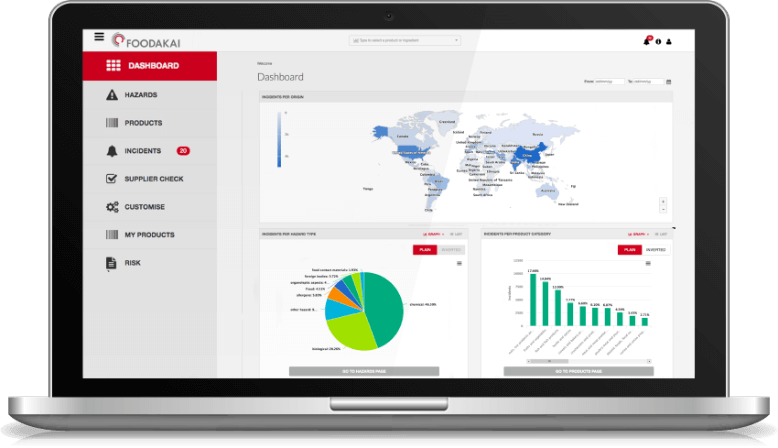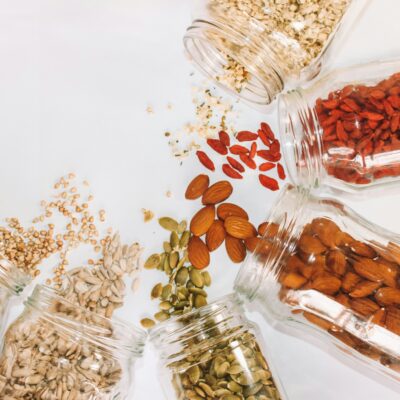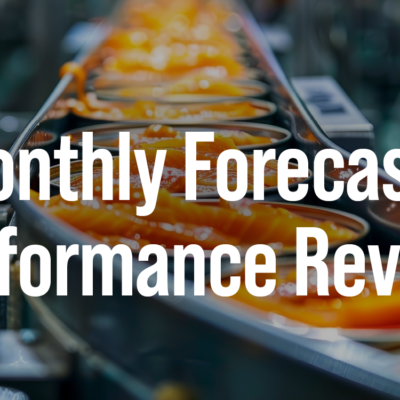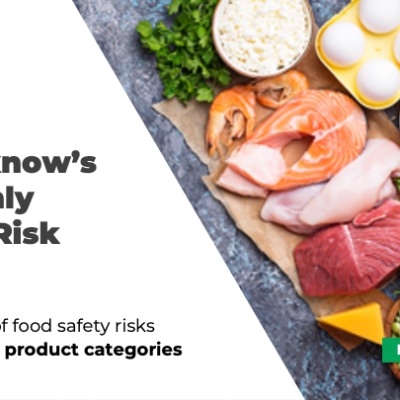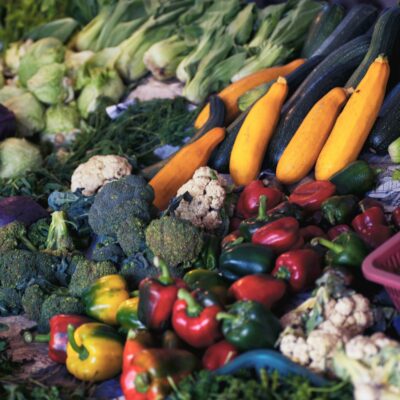
The Digital Crystal Ball

Chris Elliott, Professor of Food Safety at Queen’s University Belfast, is sharing his thoughts on the contribution of predictive analytics to the food safety sector and academic research.
We all want the ability to see into the future of course but that has been the domain of fortune tellers since history began. The tools this ‘industry’ has relied upon for many millennia are items such as tea leaves, bones, crystal balls, and tarot cards. Unfortunately, to join this profession you also appear to need a very special set of personal abilities as well.
In my own line of work, I would love to have these skills but in reality, I don’t….. Probably the most FAQs I get are things like; what will be the next major food safety incident? What will be the next big food scandal? I have always tried to answer such questions with a very high degree of vagueness as quite honestly my answers are only guesses based on quite a lot of experience and some knowledge of the current issues in the global food supply system.
However, like many other industries things are changing in the ‘predictions sector’ and the change is being driven by data sciences. For quite a few years I have been trying to work out what data can be captured in terms of food safety and food fraud and how this can be converted into reliable predictions.
There are quite a few academic publications about this and a growing number of commercial offerings. I and some colleagues within our Institute developed what we call our ‘food fraud risk register’. We have focused our interests to date on a fairly narrow range of animal feed and food ingredients but we, and our industry partners, have found the tools quite useful. Just last year our predictions threw up likely fraud in sage and when we went out to look we found plenty of it!
Herbs and spices are very important to us in terms of our research and when we started to develop a collaboration with Agroknow I was able to convince them to do some predictive analytics on some of these very valuable food ingredients. The data that was produced was really impressive. In some ways, it confirmed our own views but in others, it showed important trends we hadn’t spotted.

More importantly, the herb and spices companies we work closely with were very impressed by the predictions. What is clear to me is that some very valuable data sources are being tapped into and robust algorithms are being applied. I guess my challenge now to the company is to further increase the sources of data to build stronger and even longer-term predictive capabilities.
In terms of how useful such modelling will be, I see a number of very important aspects. Firstly it is always better to prevent a crisis than to deal with one. The economic and societal impacts of food-related scandals can be immense. Secondly, most businesses really struggle to know where to put their finite resources into managing food safety and food fraud risks. Testing programs can be cumbersome and expensive. If 99.5% of your test results are compliant should a business be happy with this or should they (as I believe) be very worried as resources are probably being wasted and the real threats going unchecked?
I am a firm believer in the digital revolution and I think one of the winners will be in predicting the future without the need for one of those crystal balls in the board rooms.
For data Insights and Predictions of food safety and fraud incidents in the total Herbs & Spices category, download here our thorough analysis report and find out what the future holds.

